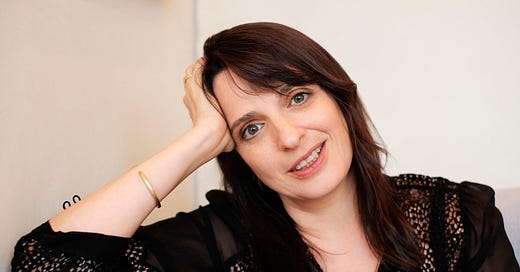Class, Money, Privilege, and the Poor Among Us
Alissa Quart wants us to think not only about downward mobility, industry shifts, and low wage white collar jobs, but also about what not having money does to us and our bodies.
At one of my lowest points as a solo1 working mother of three, I was about to buy $6 worth of apples at a local farmer’s market when I checked my bank account to make sure I could cover the cost. I had $18 to my name. In other words, those apples represented one third of my th…
Keep reading with a 7-day free trial
Subscribe to Ladyparts to keep reading this post and get 7 days of free access to the full post archives.





